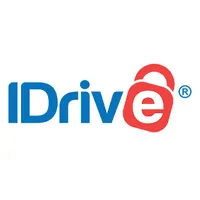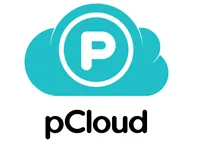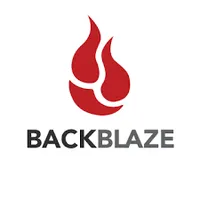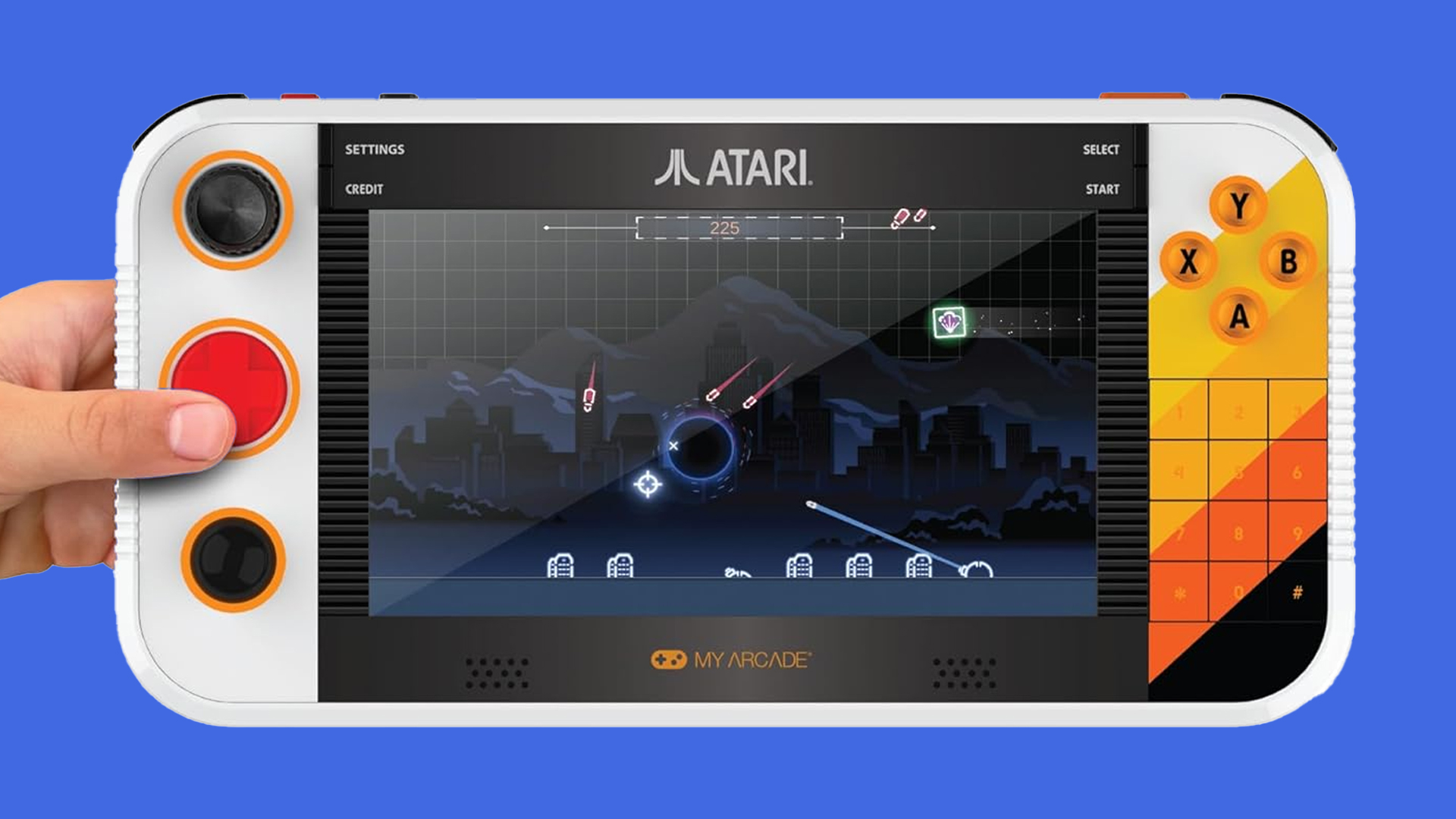iCloud vs Dropbox: the cloud storage wars!
Which provider should you trust with your files? It's iCloud vs Dropbox.
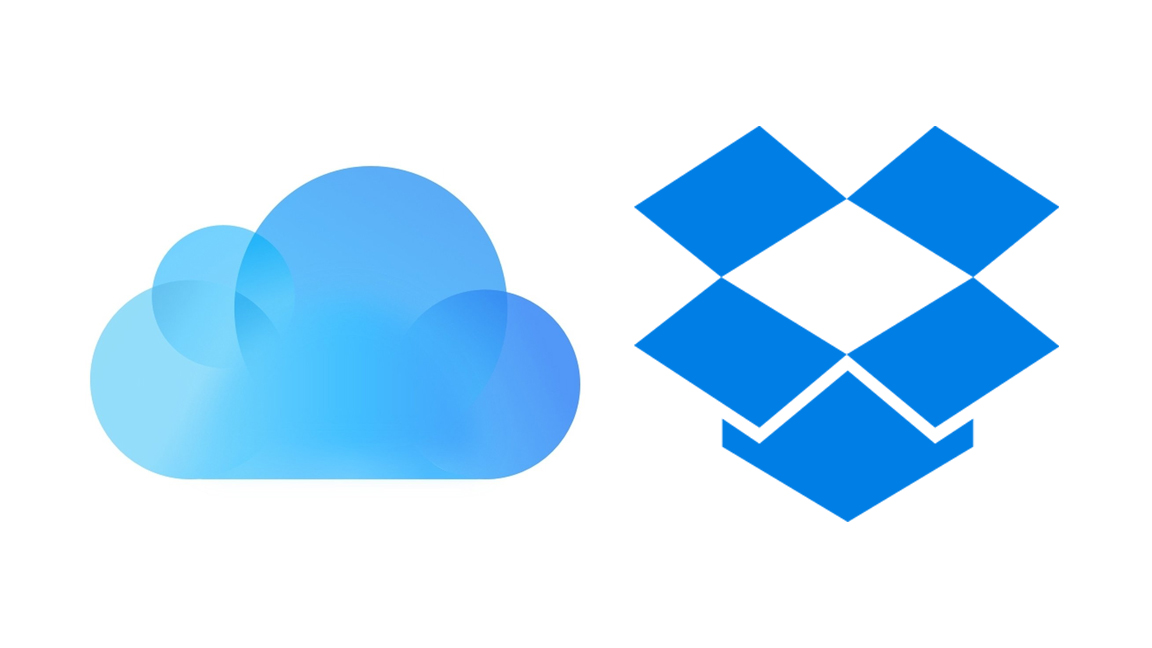
So, iCloud vs Dropbox - which is best? When you’ve put a lot of time into your creative work, you need to make sure it’s stored properly. Simply dumping all your files onto your computer’s hard drive isn’t going to cut it. A good cloud storage solution not only ensures that your files are safe from accidental loss but also allows you to access your work from all of your devices, wherever in the world you are.
Two of the best cloud storage providers, especially for those in the creative industries, are Apple iCloud and Dropbox. But which is better? There’s only one way to find out. In this feature, we compare the features, performance, support, and pricing of the two services, in order to help you decide which could be a good option for you.
01. EXCLUSIVE: IDrive One-year 5TB plan: $79.50 $3.98
Get 95% off: IDrive is our choice as the best cloud storage service available, and Creative Bloq readers can get an exclusive offer of 10TB for only $3.98, for a whole year. This would normally cost close to $80! That's a bargain you won't want to miss.
02. pCloud: Lifetime subscription, or just £3.59 a month
Low cost storage: If you want a guaranteed low price over the long term, the pCloud is the best cloud storage service for you. Plans start at just £3.59 a month, and you get 500GB of storage; or you can opt for the very reasonably priced lifetime subscription.
03. Backblaze: Get unlimited Backblaze cloud storage for free with a ExpressVPN subscription
Backblaze B2 is a great way to store and protect large amounts of data. Sign up for ExpressVPN, and you'll get a full year of unlimited cloud storage with Backblaze, worth $60, for free. Don't miss this fantastic offer!
01. iCloud vs Dropbox: Features
There are several features shared by iCloud and Dropbox, including device backup and sync, file and folder sharing, and custom file and folder links.
However, whereas iCloud Drive is primarily intended as a simple storage and file access solution for Apple device owners, Dropbox’s developers have designed it to be a more comprehensive professional toolkit with a focus on team collaboration, so it has a number of advanced features.
When accessing Dropbox through your browser, you can preview and edit many types of documents, including Word and Excel files. This means that it’s possible to work on your Dropbox files from a computer that isn’t set up with the desktop app. There’s also the ability to leave comments on specific parts of documents and for other users to reply to, or resolve, these comments.
And, with Dropbox Rewind, you can recover previous versions of your documents. This functionality isn’t available to free users, but Dropbox Plus users have access to 30 days of version history, and Business users have access to 180 days. It’s very useful if you need to recover an accidentally deleted file or undo many changes at once.
One advantage of iCloud is that it’s well integrated with Apple’s iWork suite of apps—Pages, Numbers, and Keynote. This software is free to all Apple device owners, and iCloud makes it easy to sync the changes you make between the desktop and mobile apps. Dropbox’s closest equivalent is Dropbox Paper, a comparatively simple in-built note-taking tool. It does integrate well with Microsoft’s Office software, but this has to be bought separately.
Daily design news, reviews, how-tos and more, as picked by the editors.
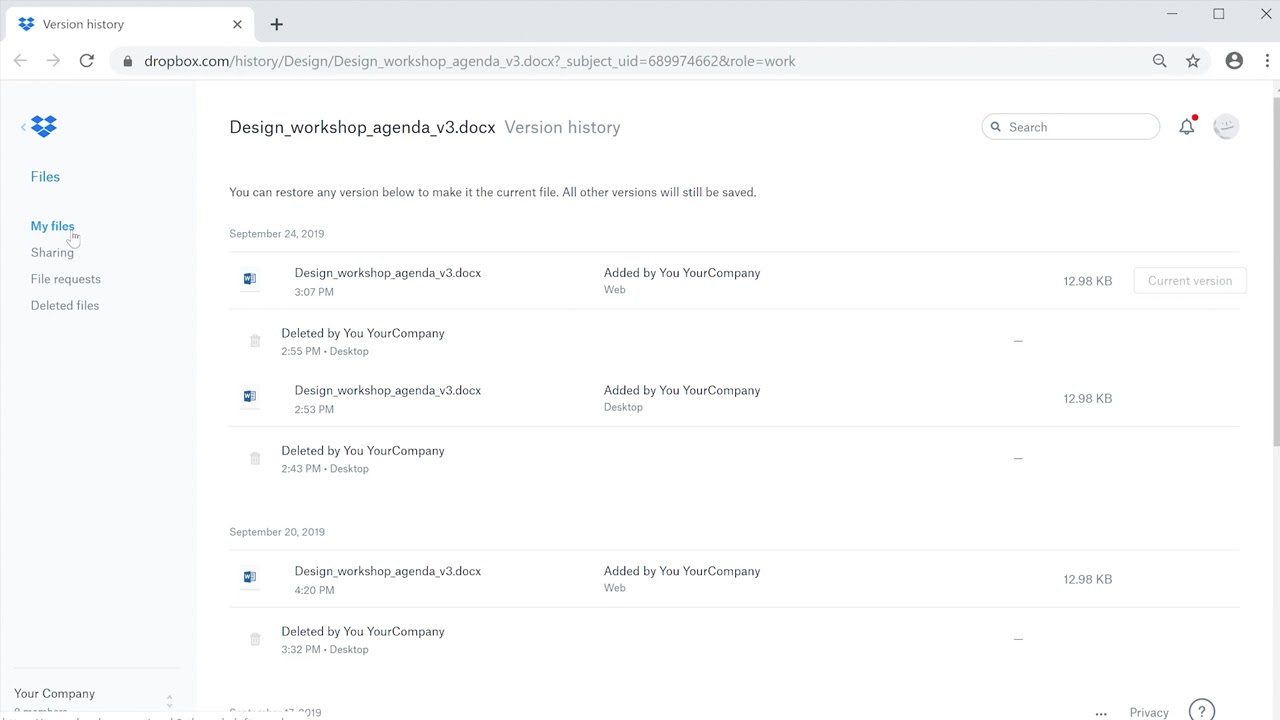
02. iCloud vs Dropbox: Performance
With both iCloud and Dropbox, the process of uploading and syncing files is generally simple and easy. You can upload to either using the desktop app, mobile app, or web browser interface. iCloud has a maximum file size of 50GB, whereas, with Dropbox, you can upload files up to 50GB via the website or up to 2TB via the desktop or mobile apps.
iCloud is a particularly well-designed service if you use Apple devices. It seamlessly integrates with the way Macs, iPhones, and iPads organize files. It’s easy, for example, to set up a folder structure on Finder, which will back up to iCloud, or to synchronize photos from your iPhone’s camera roll with the Photos app across your devices. The native integration also means that there’s little in the way of setup—if you have an Apple device, you’ll already have an iCloud account, and all the software you need to start storing your files is built in. Simply put, the more Apple devices you use, the more useful iCloud will be to you.
The downside of this is that it doesn’t integrate well with other devices such as Windows PCs. The iCloud app for Windows is clunky and difficult to work with, and the interface for accessing it through a web browser is very basic compared to competitors. This means that if you don’t use Apple devices, there’s really not much reason to use iCloud.
Dropbox, however, integrates well with both Mac and Windows computers, with your Dropbox folder working nicely with Finder or Windows File Explorer, respectively. It also has a useful and intuitive app for a wide range of mobile phones and tablets. Because it doesn’t have the native integration of iCloud, there is a sign-up and installation process to go through, but this isn’t too much trouble. And once it’s done, everything should run smoothly.
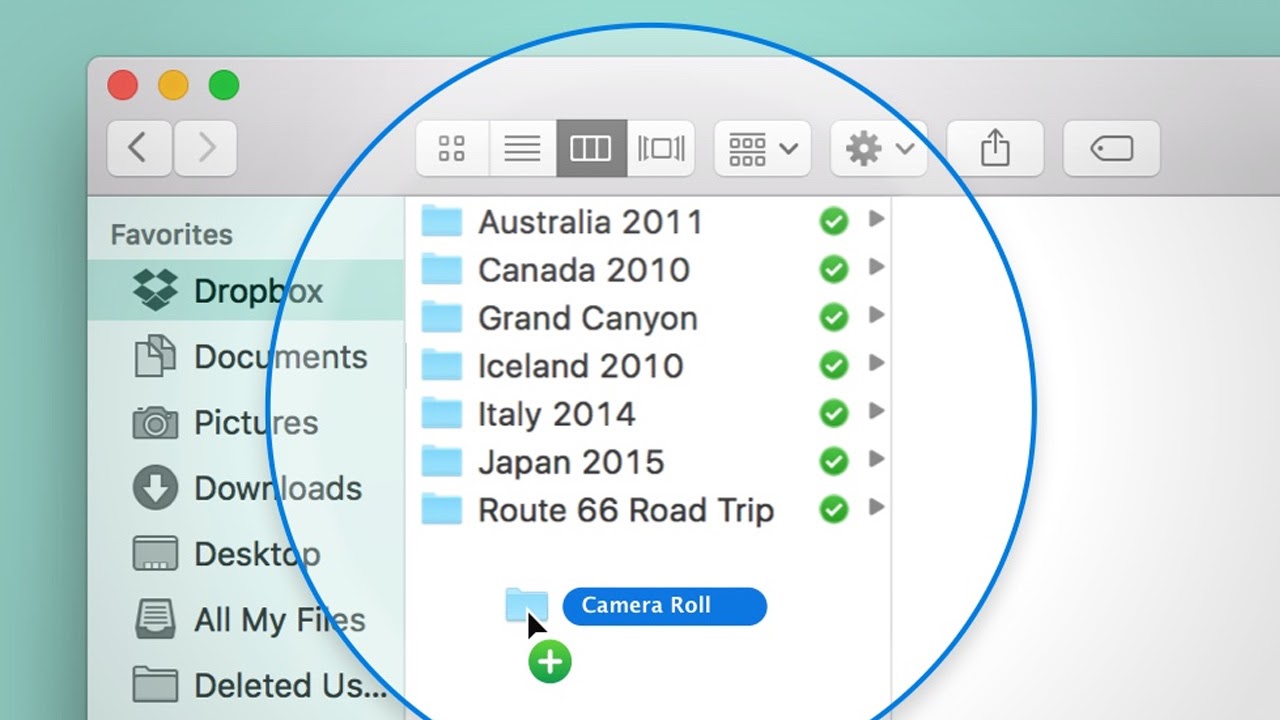
03. iCloud vs Dropbox: Support
If you have any problems while using iCloud, you’ll be thankful that Apple’s support is very efficient. All users, even those on the free plan, can talk to a support technician over the phone, and when we checked, the wait time was just two minutes.
With Dropbox, phone support is only available to Business Teams users. All users on paid plans can contact tech support via email and expect a response within a day. But users on the free plan have no way of contacting tech support and so are limited to the chatbot.
So, in terms of being able to contact support, Apple wins. But both providers have active community forums and online FAQ sections where you should find the answers to many questions without the need for additional support.
04. iCloud vs Dropbox: Pricing and plans
With iCloud, all users get 5GB of free storage, while with Dropbox, you only get 2GB. However, neither of these will be sufficient for most professional users’ needs. And with both services, you need to pay a subscription fee to access more storage.
Dropbox’s cheapest paid plan costs $11.99 a month (or $9.99/month if billed annually upfront) and gives you 2TB of storage. There’s also the Professional plan, which gives you 3TB for $19.99/month ($16.58/month if billed annually). Bigger teams can get unlimited storage. The Advanced plan costs $25/user/month ($20 if billed annually) and has no storage limit, though it’s only available to teams with three or more users.
iCloud pricing, meanwhile, starts at $0.99/month for 50GB of space. You can also get 200GB for $2.99/month or 2TB for $9.99/month, with no annual commitment. So, iCloud’s pricing is overall cheaper, though there are no advanced plans offering more than 2TB of storage. That said, 2TB should suffice for most individual users.

05. Verdict
iCloud and Dropbox are both very impressive cloud storage providers, which both make it easy to backup your files and access them across your devices.
Our first choice overall is Dropbox because it has a much broader range of features built around collaboration and functions better across a wider range of device brands. It’s particularly useful for creative professionals who want a lot of storage space and who want to be able to collaborate with other users.
However, iCloud’s integration does make it a good choice for those who primarily use Apple devices, particularly personal users who don’t need as much space. It’s a much more affordable option if a smaller plan of 50 or 200GB will suit your needs.
Related articles:

Kieron Moore is a freelance writer based in Manchester, England. He contributes to Future sites including TechRadar and Creative Bloq, focusing on subjects including creative software, video editing, and streaming services. This work draws on his experience as an independent filmmaker and an independent TV watcher. He can be found on Twitter at @KieronMoore, usually when he’s meant to be writing.
